Sentinels dominated the VALORANT Champions Tour NA Masters One tournament last month, establishing themselves as the best team in North America. Many people expected Sentinels to easily continue their winning streak in Stage Two, but the team failed to qualify for the Challengers One event over the weekend.
Sentinels aren’t the only team from Masters One that didn’t qualify for the Challengers One event, either. FaZe Clan and Gen.G, the second and third-place teams at Masters One, respectively, also failed to make it through the open qualifiers for the Challengers One event.
It’s not uncommon for teams to fail to perform in consecutive events since other teams can improve and their strategies can become ineffective. But the fact that the top-three North American teams didn’t qualify for the next event is concerning for some players and has raised questions of whether the top squads are adequately awarded for their past performances.
Sentinels’ Shahzeb “ShahZaM” Khan has been vocal about the top teams deserving a reward or bonus for being the best at the previous Masters event and thinks they’re at a disadvantage against other rosters. It’s unclear what advantage the top teams from the last Masters event should receive, but some pundits believe they should be given enough time to prepare properly.
Sentinels started the VCT Stage Two Challengers Open Qualifier with three straight wins against lesser-known teams. The Masters One champions faced their first real challenge against Built By Gamers, who defeated them 2-0 in a one-sided series.
One significant disadvantage Sentinels faced was not being able to prepare for their opponents by adapting or changing their strategy before the Challengers One event. The team spent most of the last few months competing in the Challengers qualifiers and tournaments to secure their spot in the first Masters One tournament. This left little time to study and observe other teams’ playstyles and strategies.
But other teams that failed to make it into Masters One could watch the Challengers events leading up to the tournament. This meant that they could go through every match played by the best teams and understand how to counter or defeat them in Stage Two. ShahZaM explained this issue in a recent stream and talked about how it potentially impacts a team’s performance.
“Now these teams that have been sitting here watching Challengers One, Two, and Three, watching Masters, have all the time, and this is all they prepare for, you can’t prepare for these teams,” ShahZaM said. “This is why I made the argument about open qualifiers, the teams that earned in the big tournament a spot ahead, so they have a chance to also prepare for teams in the open qualifier.”
ShahZaM also mentioned that there are no significant changes between Masters One and the first Challengers event of Stage Two since it’s still on the same patch. Teams can now use Astra in competitive play, but few squads have added the new agent to their compositions.
This doesn’t discredit the teams that defeat the top squads, though, since they also feature some of the best players in the region. ShahZaM pointed out that his team lost important fights they normally win and said he’s confident they’ll come back strong in Challengers Two. But not being able to prepare for the same amount of time does raise some concerns.
FaZe also won three matches in the Challengers One open qualifier before being eliminated by Version1. Gen.G suffered the same fate but were eliminated by Cloud9 Blue. These three teams proved themselves as the best in the region during Stage One but a lack of preparation time compared to their opponents and performing poorly prevented them from continuing their hot streak.
Avoiding the first round of open qualifiers and immediately qualifying for the Challengers One main event seems like a relatively fair reward for a top team from the previous stage. This would allow them to learn and adapt to other teams and reinvent themselves before fighting through multiple teams. But this raises the argument of whether teams should receive a bonus at all.
100 Thieves, Envy, XSET, and Immortals qualified for the first Challengers tournament and were a part of the eight teams in Masters One. They each faced talented teams in their fourth match of the qualifiers but still managed to make it through the bracket.
Seven of the eight teams in the European Masters One tournament qualified for the Challengers One event. Six of the eight final Brazilian teams made it to the region’s Challengers One main event, while seven of the eight squads from the CIS Masters One event qualified for the Challengers One tournament.
These regions had the same amount of time or less to prepare between the Masters One event and Challengers One open qualifiers. There isn’t enough data to confirm that preparation time is the only factor impacting North American teams from getting through the Stage Two open qualifiers, but teams in other regions have made it.
The VALORANT professional scene is still in its infancy and will likely continue to adapt and adjust. Successful teams from previous stages could receive an automatic placement in the next qualifying event in the future or the open qualifiers could be modified to provide a map advantage or some other bonus.
The winner of the previous Masters event should receive a safeguard that prevents them from being eliminated in open qualifiers for dropping a single series. Automatically qualifying for the next Challengers tournament would still force them to prove themselves in the main event but they’d have time to prepare during the open qualifiers.
Sentinels, FaZe, and Gen.G have one more chance to qualify for the next Masters event. They’ll have a brief period of downtime to prepare and adjust their strategies before attempting to return to their dominant form.
Make sure to follow us on YouTube for more esports news and analysis.


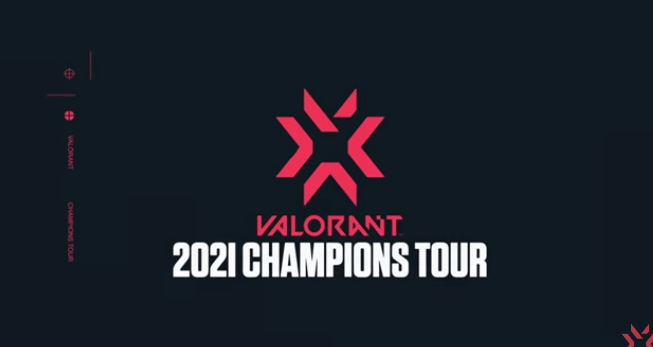
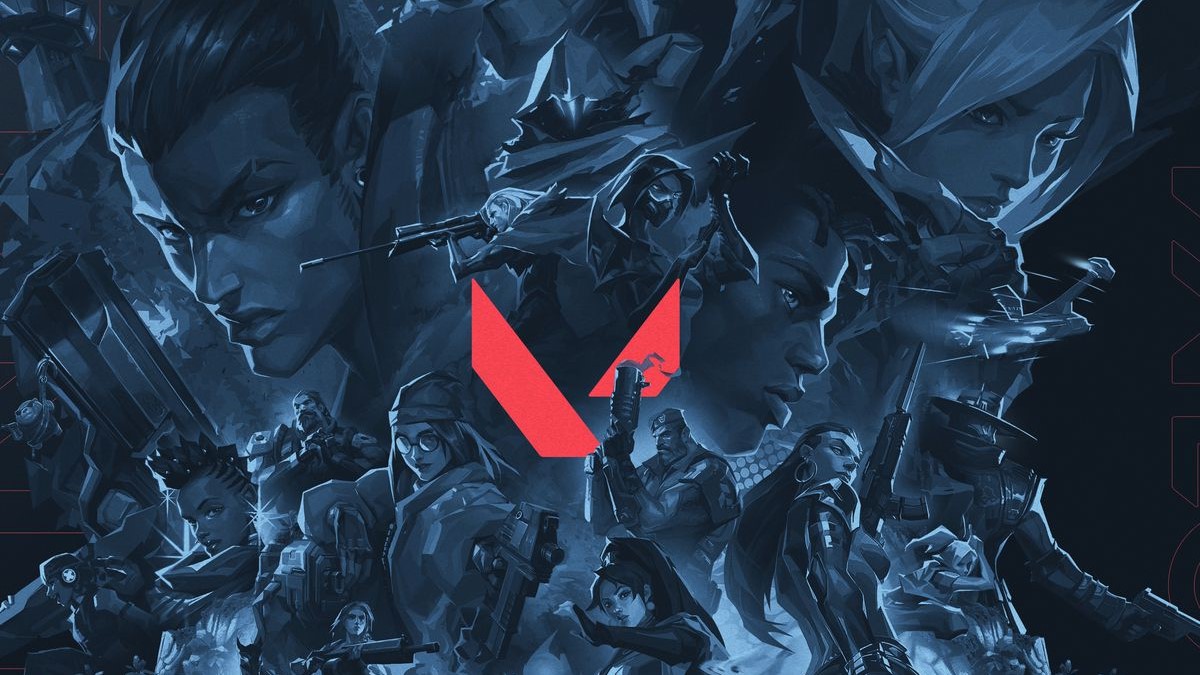
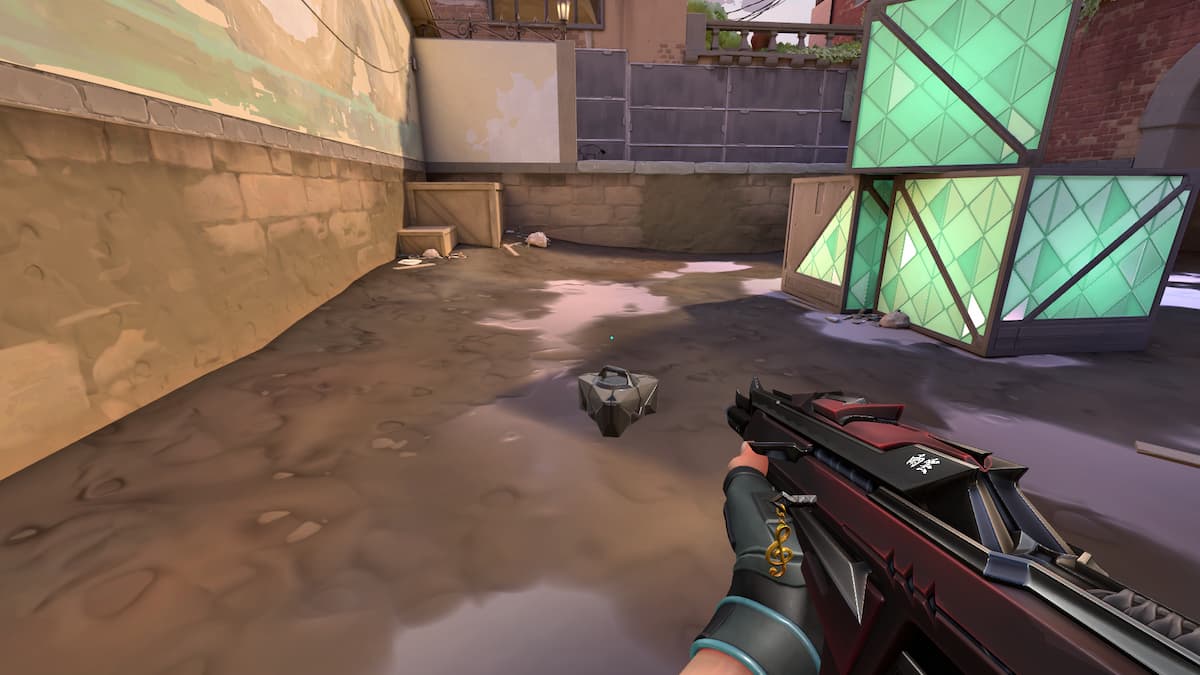

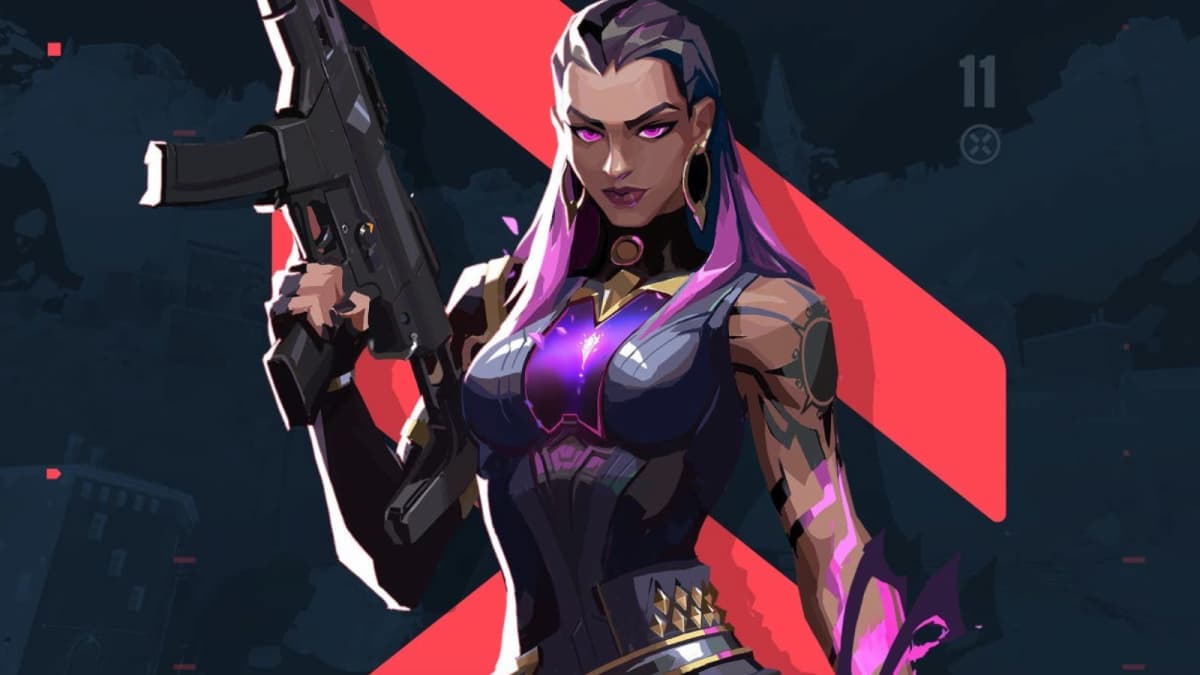
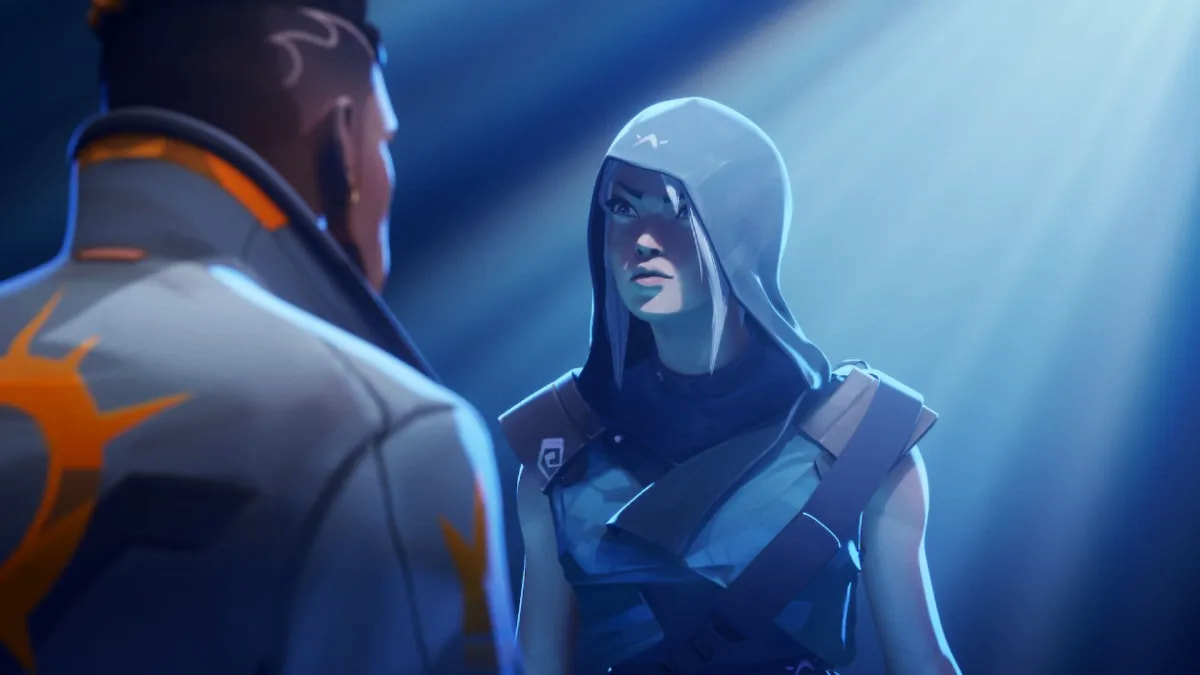
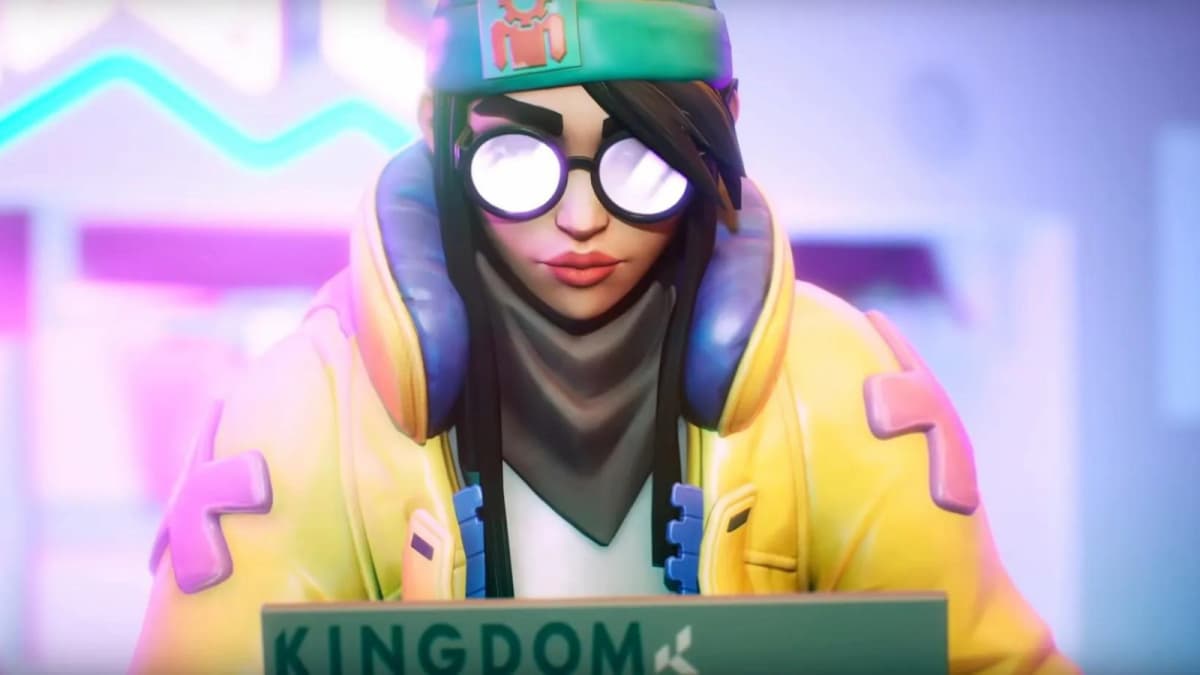
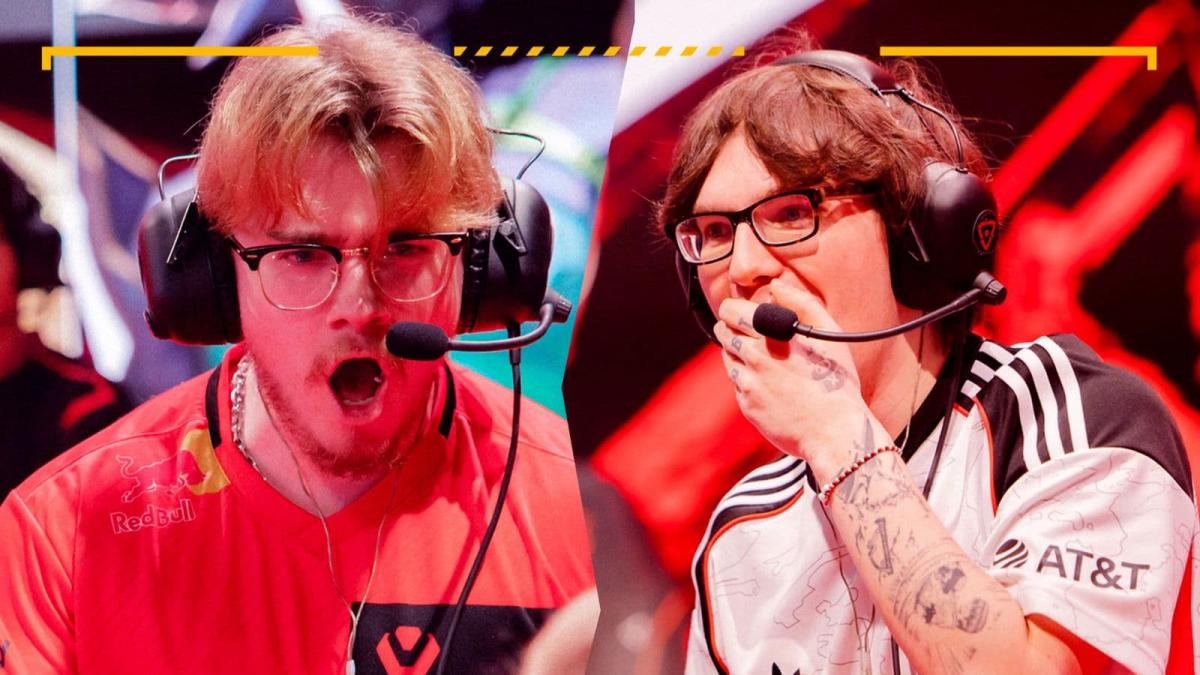
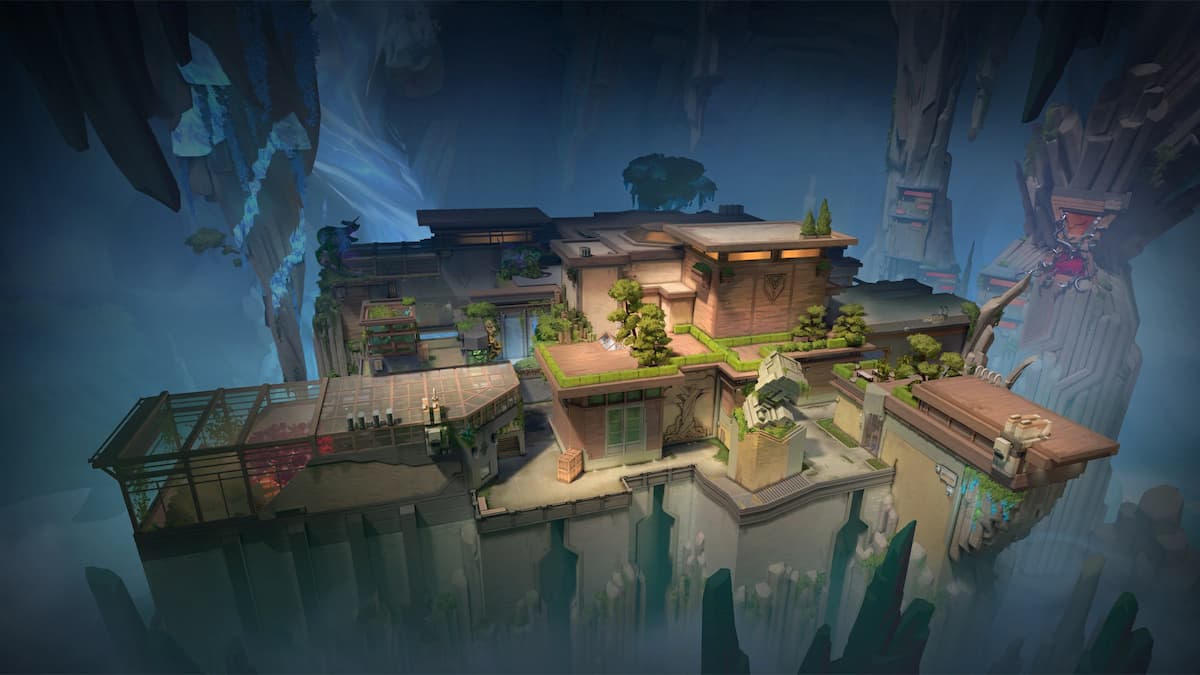
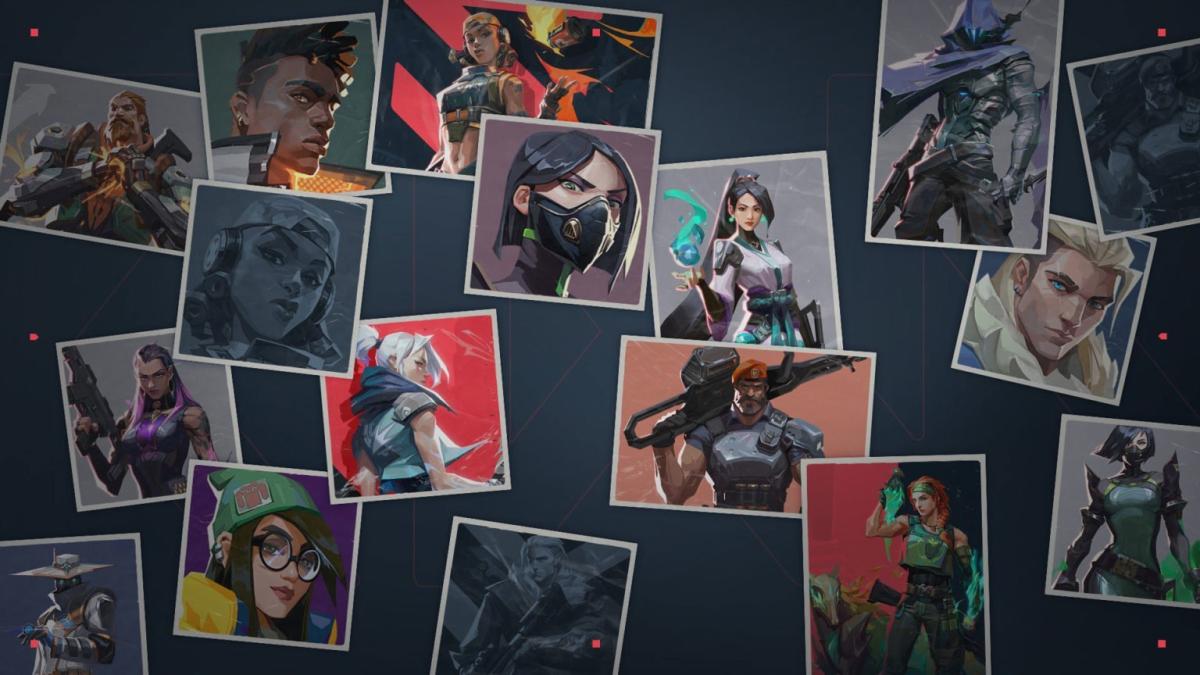

Published: Apr 6, 2021 05:43 pm